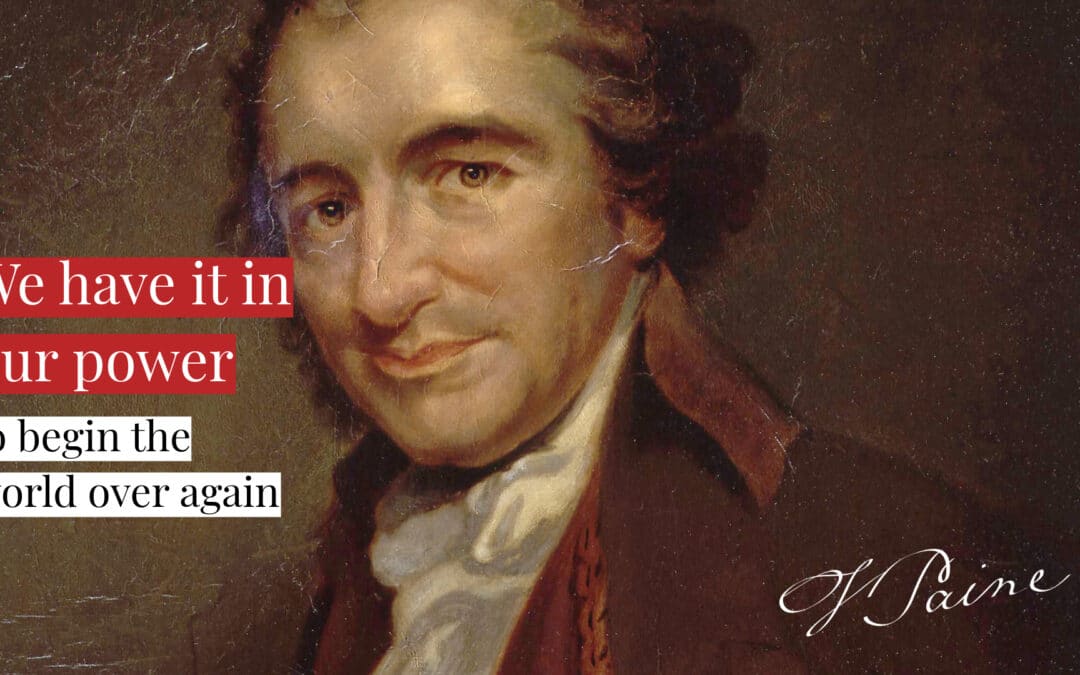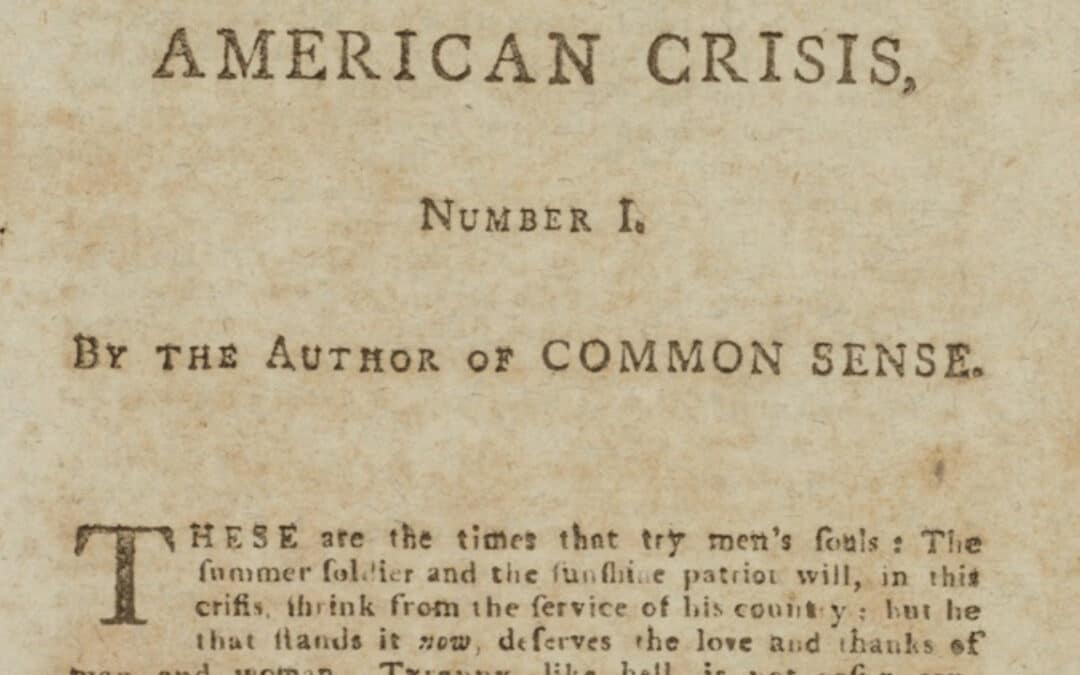
Thomas Paine


Thomas Paine’s Common Sense: A Timeless Call for Liberty vs Unlimited Power
Government … even in its best state … is still evil. Thomas Paine didn’t pull any punches in Common Sense. First published on January 10, 1776, it remains one of the most important pamphlets in American history. Far more than a rousing call for...
Thomas Paine’s The American Crisis: A Rallying Cry That Changed History
On December 19, 1776, as the War for Independence stood on the brink of collapse, Thomas Paine published The American Crisis. Beginning with the immortal line of “THESE are the times that try men’s souls,” it was no mere essay – it was a...
Thomas Paine: A Lifetime of Radicalism
Although he has been called “The Father of the American Revolution,” Thomas Paine was perhaps the most unlikely man in the world to carry the torch of American independence. An Englishman who was once employed by the same king he grew to despise, Paine had been a...
These are the Times that Try Men’s Souls
Beginning with the immortal line, “THESE are the times that try men’s souls,” Thomas Paine’s “The American Crisis, No. I” holds a revered place in American History. Composed as a patriotic rallying cry for a weary army, and to reject and refute British arguments...
